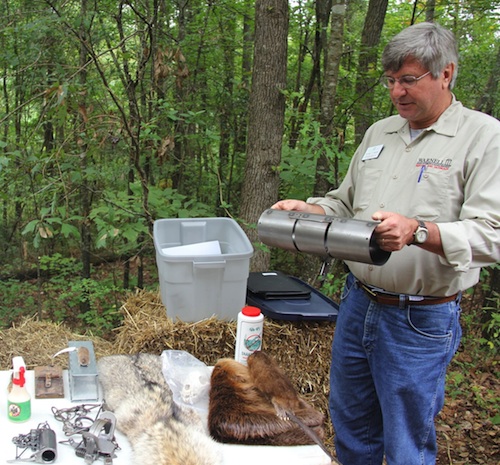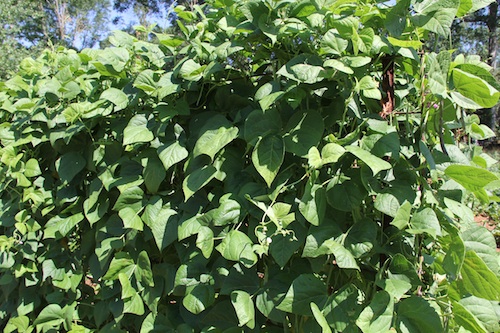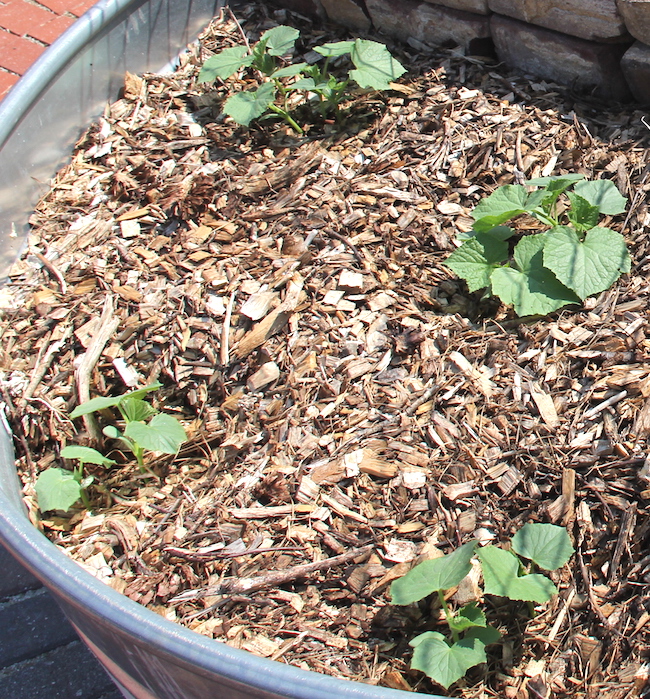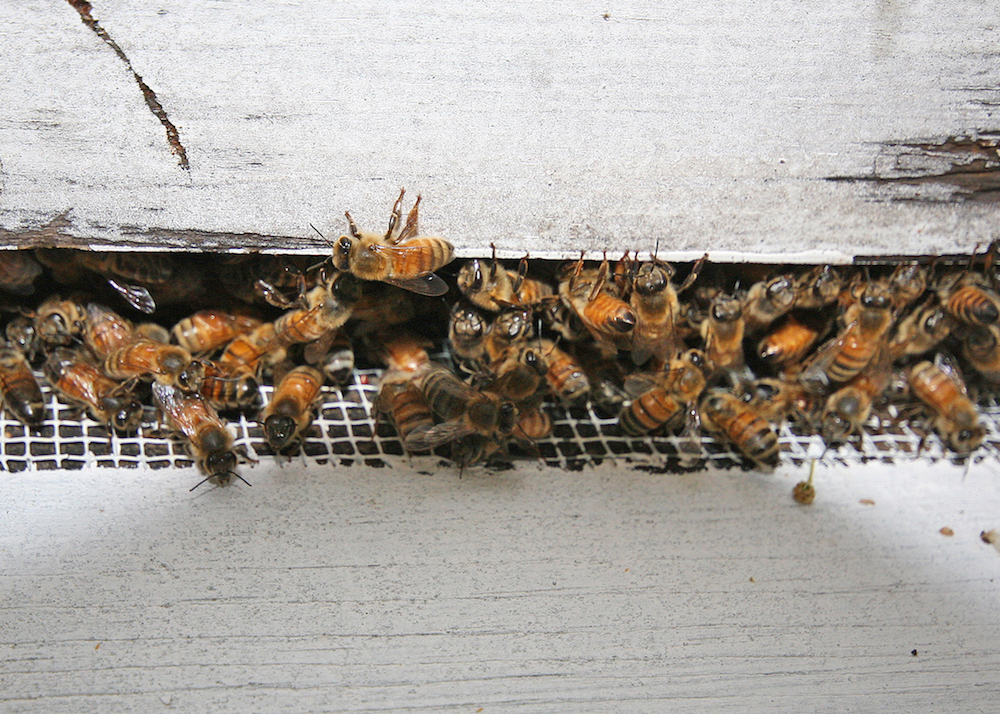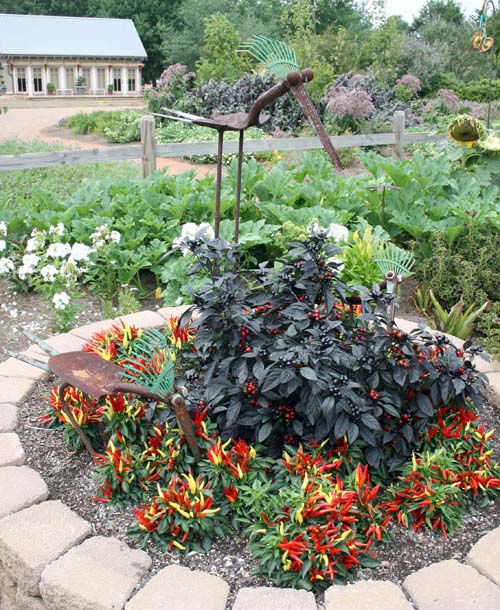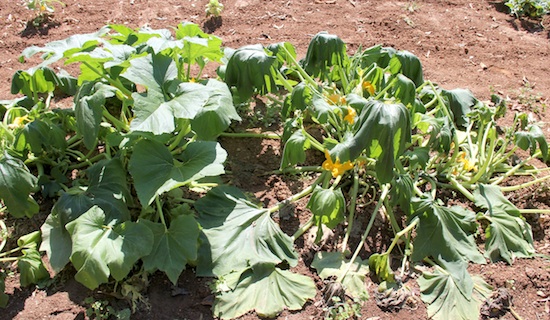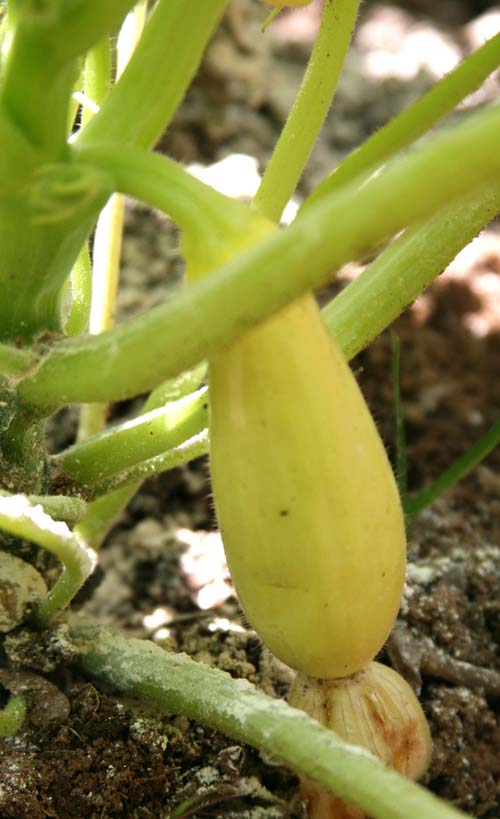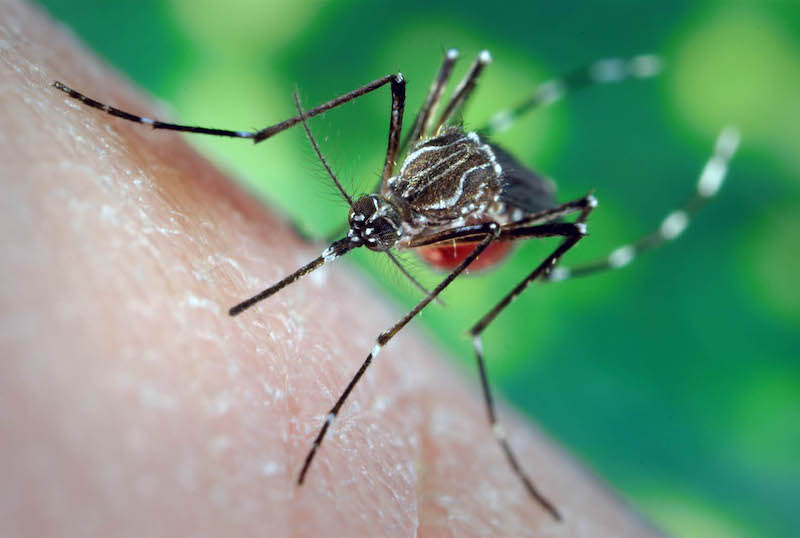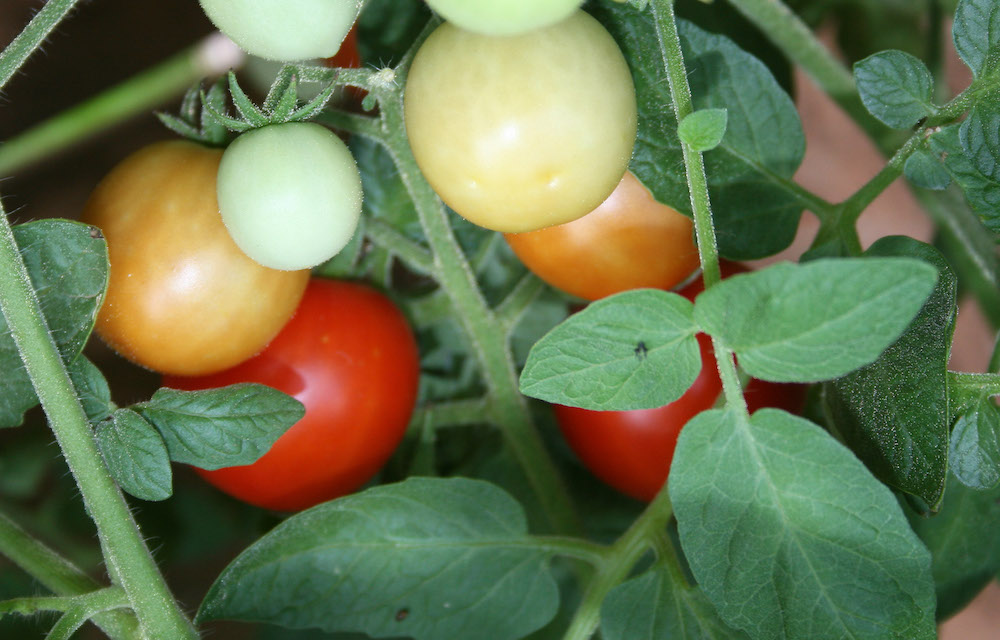 CAES News
CAES News
Tomato Growing Tips
Whether or not you are trying to grow tomatoes for the first time, or if your a vegetable garden veteran, following some tips from University of Georgia Cooperative Extension is sure to make your harvest plentiful.

